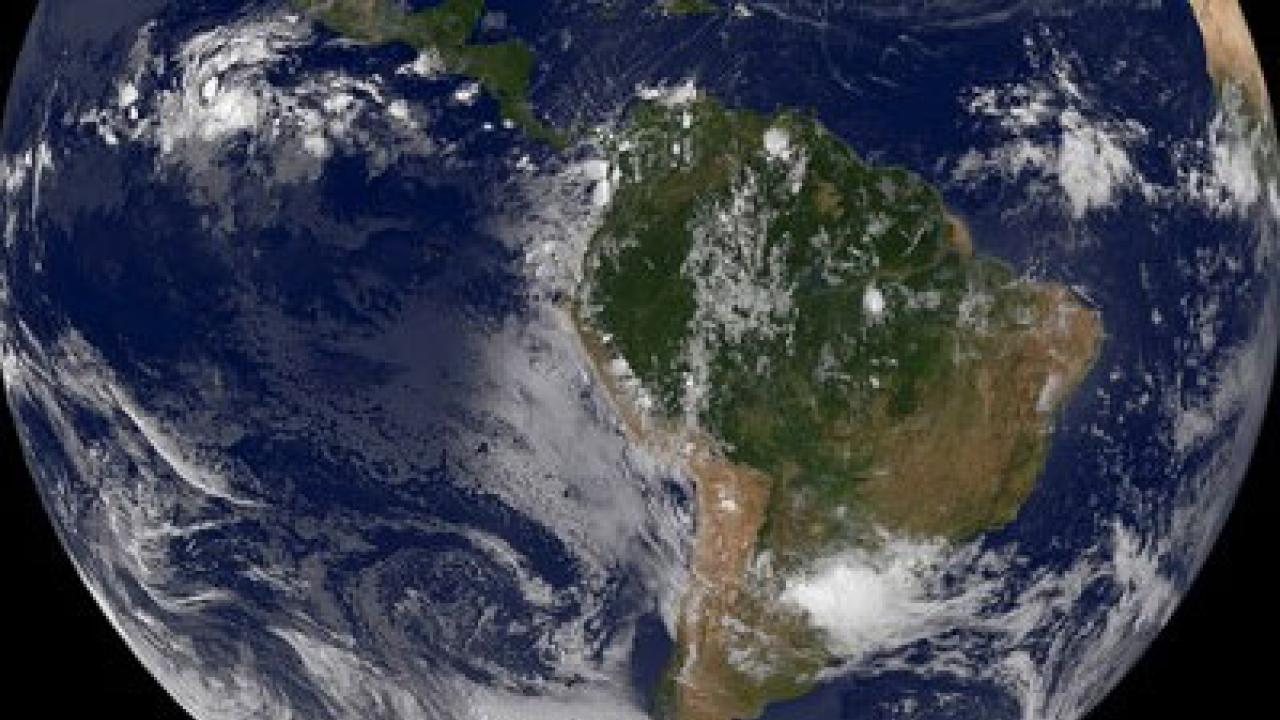
Adrian Tompkins and Felipe J. Colon-Gonzalez, scientists from ICTP's Earth System Physics section, are co-authors of two papers published in this week's Proceedings of the National Academy of Sciences (PNAS) that reflect a growing sophistication in climate change models and impact studies.
Scientists studying climate change are using a wider range and number of models to give them a more accurate picture of possible impacts. Their efforts--often involving vast international collaborations between universities, research institutes and non-governmental groups--have important implications for policymakers who face challenging decisions on mitigation and adaptation strategies.
In 'Multisectoral climate impact hotspots in a warming world' (doi:10.1073/pnas.1222471110), a group of international scientists performed a unique, global analysis of water, agriculture, ecosystems and health (malaria) sectors under different levels of global warming to identify overlapping impacts on regional scales.
"This is the first time that there has been a major effort to have a multi-sectorial impact assessment from climate models," explained Tompkins, who contributed to the study's malaria assessments.
The group's analysis identified several world regions that could expect severe changes in two or more sectors, including the southern Amazon basin, southern Europe and the Ethiopian highlands. The results suggest that the multisectoral framework provides valuable insights into potential future climatic impacts, but also revealed an unexpected diversity between the various impact modelling approaches, leading to the authors to call for further research and data mining efforts to improve understanding of these systems.
A synthesis published in a second paper appearing this week in PNAS, 'Multimodel assessment of water scarcity under climate change' (doi:10.1073/pnas.1222460110), shows that chronic or absolute regional and global water scarcity could be experienced by a significant fraction of the world's population due to climate change. The international group of authors, which included Colon-Gonzalez, used 11 global hydrological models combined with five global climate models for their assessment.
An important addition to both of the research efforts was an integration with population forecasts. Colon-Gonzalez contributed to these, downscaling national data to regional levels to facilitate the climate impact assessments.
















